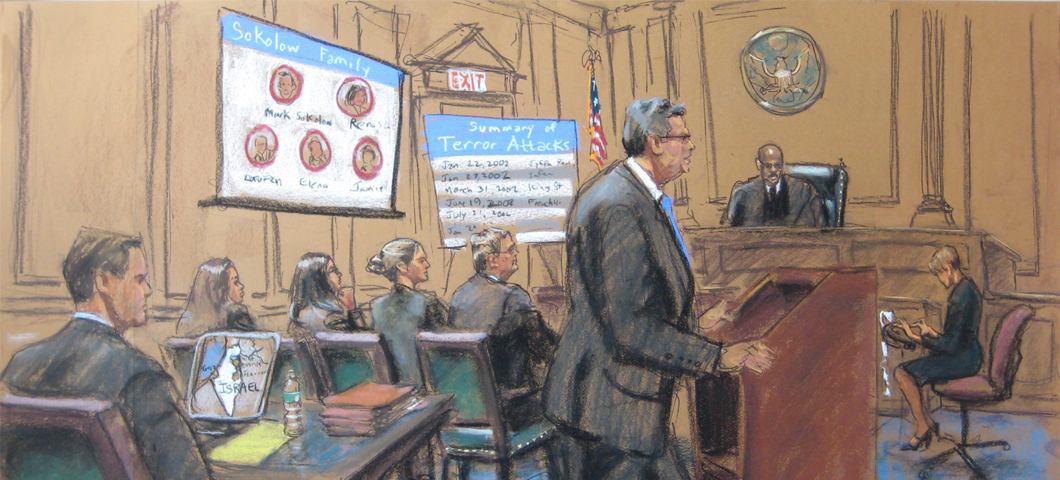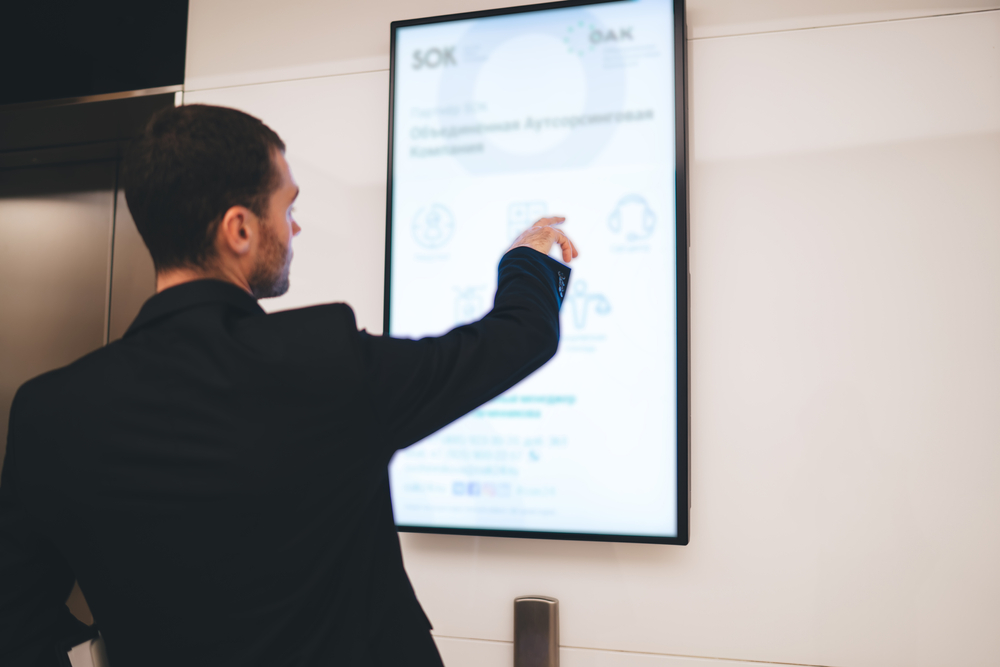The Role of Trial Presentations in Creating Compelling Closing Arguments
The Power of Visuals in Trial Presentations for a Winning Disagreement
The combination of visuals in trial discussions has emerged as an important aspect in efficiently communicating intricate disagreements to jurors. By making use of various types of aesthetic help-- be it diagrams, photos, or animations-- attorneys can boost understanding and retention, inevitably shaping the jury's assumption of the case.
Value of Visuals in Tests
In lots of lawful setups, visuals play a critical role in improving the performance of trial presentations. The combination of aesthetic aspects can considerably impact jurors' understanding and retention of intricate info, thus forming their perceptions and decisions. Visuals, such as charts, layouts, and photos, can streamline intricate stories, making them more obtainable and engaging.
Furthermore, the human mind processes aesthetic information a lot more effectively than text, which emphasizes the value of integrating visuals into legal arguments. By equating dense legal ideas into visual styles, attorneys can facilitate clearer interaction, guaranteeing that bottom lines are not overlooked throughout tests.
Furthermore, visuals offer to involve jurors on a psychological level, cultivating a link to the situation that words alone may fall short to attain. The calculated use visuals can stimulate compassion, motivating jurors to consider the human aspects of the instance.
Eventually, the value of visuals in tests depends on their capability to boost quality, boost juror engagement, and reinforce the story existing. This potent combination is necessary for crafting convincing arguments that resonate with jurors and influence the outcome of legal process.
Kinds Of Visuals to Use
Effective trial presentations can considerably benefit from a selection of visual tools that satisfy different facets of the case. trial presentations. Making use of representations and charts can successfully damage down complicated info, making it much more digestible for jurors. Flowcharts can show the series of occasions, while bar graphs may succinctly contrast pertinent data points.

Animations and simulations can also play a critical role, specifically in situations entailing technological data or intricate scenarios. These visuals can dynamically stand for procedures or activities, providing quality and involvement that fixed images might not attain.
Additionally, infographics integrate message and visuals to summarize essential information efficiently. They can offer timelines, stats, and considerable case factors in an aesthetically appealing manner, making it less complicated for jurors to comply with the argument.
Enhancing Understanding and Retention

Enhancing understanding and retention during test presentations is essential for guaranteeing that jurors comprehend the necessary elements of a situation. Aesthetic help act as powerful tools in this respect, equating intricate details into easily digestible styles. By using graphes, diagrams, and infographics, attorneys can streamline intricate data and emphasize key points that may otherwise be neglected.
Research studies have revealed that individuals maintain details considerably better when it is offered aesthetically. This is specifically relevant in a trial setting, where jurors might be bewildered by the quantity of evidence and testament. By strategically anchor incorporating visuals, lawyers can direct jurors' attention to the most critical facets of the case, reinforcing their understanding and memory of the material offered.

Creating Involving Presentations
Captivating jurors' interest throughout trial discussions is crucial for sharing a compelling narrative. Involving presentations leverage aesthetic aspects to create a memorable experience that reverberates with jurors. The tactical use graphics, computer animations, and video clips can elucidate complex information, making it a lot more obtainable and relatable.

In addition, including narration strategies can improve interaction. Offering proof in a sensible series that constructs sob story enables jurors to link with the material on a personal degree. Numerous presentation styles, such as incorporating short video or interactive elements, can likewise suffer passion and interest throughout the test.
Ultimately, an appealing presentation cultivates a much more profound understanding of the case, making it possible for jurors to much better appreciate the debates existing and resulting in a much helpful resources more positive result.
Study and Success Stories
Many instance researches highlight the substantial influence of visuals in trial presentations, demonstrating my latest blog post their ability to influence juror understandings and inevitably the results of instances. For instance, a significant situation including an individual injury case highlighted just how making use of a 3D computer animation of the accident scene clarified complicated details. Jurors reported feeling even more informed and compassionate, considerably persuading their choice in favor of the complainant.
In an additional instance, a business litigation instance used infographics to present financial information and timelines, making detailed info accessible. The aesthetic depiction allowed jurors to comprehend the subtleties of the instance extra efficiently than verbal descriptions alone. trial presentations. Because of this, the jury returned a judgment that exceeded the client's expectations
The compelling visuals not just helped in developing question however likewise reverberated psychologically with jurors, leading to an acquittal. These success tales highlight the need of integrating visuals right into trial discussions, as they improve understanding, retention, and inevitably, the persuasive power of legal debates.
Final Thought
In verdict, the calculated unification of visuals in test presentations substantially enhances jurors' comprehension and retention of intricate information. Engaging presentations, supported by compelling situation studies, demonstrate the extensive influence that visuals can have on convincing interaction.